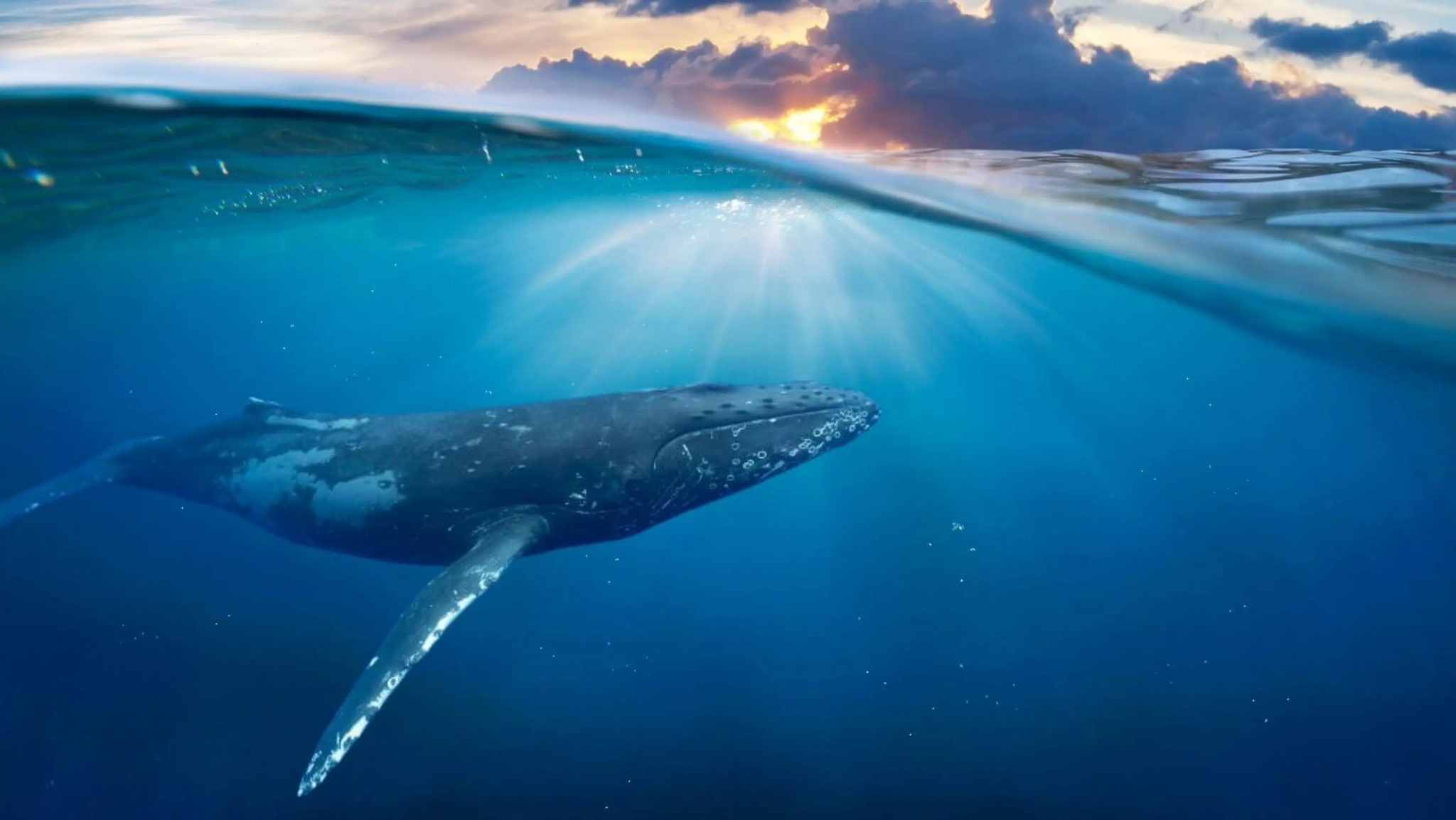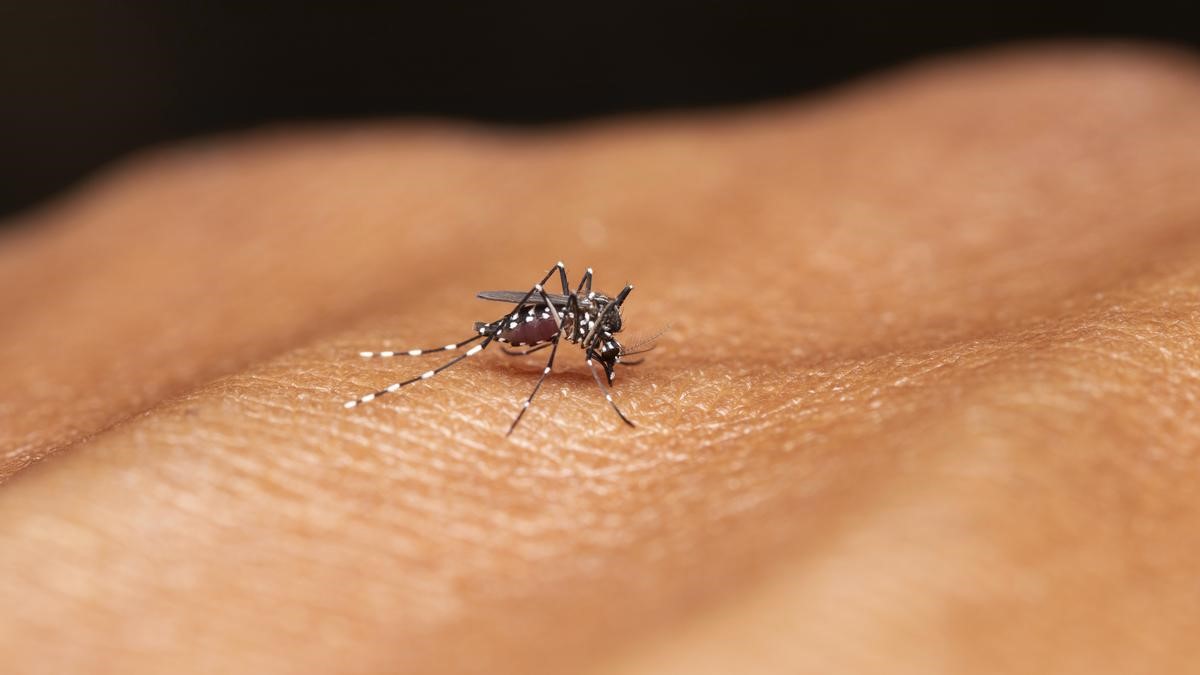





Disclaimer: Copyright infringement not intended.
Context
He Whakaputanga Moana
Background:
Legal Personhood Status:
Purpose and Significance:
Significance of Granting Legal Personhood:
Environmental Protection and Conservation:
Recognition of Intrinsic Value:
Enhanced Legal Standing and Representation:
Promotion of Environmental Justice:
Cultural and Spiritual Recognition:
|
Some examples of legal personhood granted to entities other than humans globally New Zealand's Whanganui River: ●In 2017, the New Zealand government passed legislation granting legal personhood to the Whanganui River. This status recognizes the river as an indivisible and living whole, with its own rights and interests. The legislation aims to protect and restore the health and well-being of the river ecosystem. Ecuador's Constitution: ●Ecuador's Constitution, adopted in 2008, recognizes the rights of nature and grants legal personhood to ecosystems. This legal framework acknowledges nature's intrinsic value and the interconnectedness of human and natural systems. It allows for the protection and conservation of ecosystems and their components. Colombia's Atrato River: ●In 2016, Colombia's Constitutional Court recognized the Atrato River as a legal person with rights to protection, conservation, maintenance, and restoration. This decision addresses environmental degradation and ensures the river's sustainable management and use for future generations. Argentina's Orangutans: ●In 2014, an Argentine court granted legal personhood to Sandra, an orangutan living in captivity at the Buenos Aires Zoo. The court ruled that Sandra is a "non-human person" with inherent rights, including the right to liberty. This decision set a precedent for recognizing the rights of non-human animals in legal proceedings. |
|
Some examples of legal personhood granted to entities other than humans in India Ganges and Yamuna Rivers: ●In 2017, the Uttarakhand High Court in India granted legal personhood to the Ganges and Yamuna Rivers, considering them "living entities" with rights akin to those of humans. This status aims to protect the rivers from pollution and degradation and promote their conservation and restoration. Gomti River: ●In 2018, the Allahabad High Court in India granted legal personhood to the Gomti River, recognizing it as a "living entity" with legal rights and responsibilities. This decision aims to address pollution and encroachment issues along the river and ensure its sustainable management and conservation. Agricultural Land: ●In some Indian states, agricultural land has been granted legal personhood to protect it from unauthorized conversion or misuse. For example, in Kerala, agricultural land is considered a legal entity with rights and restrictions under the Kerala Conservation of Paddy Land and Wetland Act, 2008. Sacred Groves and Forests: ●Sacred groves and forests in India have been granted legal personhood in some regions to protect them from deforestation, encroachment, and commercial exploitation. These areas are recognized as sacred sites with cultural, religious, and ecological significance, and legal measures are in place to preserve their integrity. Animals in Welfare Legislation: ●While not explicitly granting legal personhood, India has enacted various welfare legislation to protect animals from cruelty and exploitation. For example, the Prevention of Cruelty to Animals Act, of 1960, provides legal protections to animals and imposes penalties for acts of cruelty toward them. Additionally, the Wildlife Protection Act, of 1972, aims to conserve and protect wildlife species and their habitats. |
Source:
|
PRACTICE QUESTION Q. Discuss the concept of legal personhood granted to natural entities, such as rivers, ecosystems, and other environmental features, concerning its significance in environmental conservation and governance. Explain the implications of granting legal personhood to these entities and analyze its potential role in promoting environmental justice and sustainability. Support your answer with relevant examples from both national and international contexts. ( 250 Words)
|






© 2026 iasgyan. All right reserved